Margherita Bacigalupo: "The EntreComp Framework can help the third sector to pursue its own goals of creating social value for others"
Margherita Bacigalupo, research fellow at Joint Research Centre of European Commission, talks about the Entrepreneurship Competence Framework (EntreComp) and how non-profit organizations could benefit to it.
Margherita Bacigalupo is one of the Third Sector leaders involved in the Eu3Leaders project. The project is an Erasmus+ financed project with the mission to improve the quality of the trainings for Third Sector leaders in Europe.
How could the Entrecomp Framework be adapted to the third sector?
Entrecomp is a reference document that describes entrepreneurship as a competence that anyone can use to their own purpose, the third sector is not different from any other party. Even if is not the typical sector that one thinks when talking about entrepreneurship, the third sector creates social value and cultural value, so it’s definitely working in the field that is in the scope of the framework. So, for me what the third sector should in relation to the framework is to appropriate it, like we have being doing in this meeting of the EU Third Sector Leaders project and make sense out of it in order to pursue own goals. Just like a any other sector.
How do you think that the non-profit organizations could adjust to it?
I think that non-profit organizations could benefit from it, not adjust to it. The framework is not mandatory, it is not prescriptive, it is descriptive, so it describes the competences that make you entrepreneurial which means that make you generate value for others. So, the third sector and NGO’s generate value already. What can they learn from the framework? Maybe to be more creative in approaching the problems they are facing, maybe to be more resourceful and foster greater resilience within their own organization. Maybe to learn from the people experience, or to capitalize on the mistakes made so far. There are many ways they can use the framework as a resource to better pursue their own goals of creating social value for others.
What is the importance of the Entrecomp for the European Comission?
The Commission is the entity that has created the framework, so for the Commission it is one of the resources that it makes available to Member States and to different organizations to foster the key competences. The Commission has invested in these particular competences with an interest on bridging the world of the education and the world of work. It’s definitely something that is in the policy priority of the Commission, as stated in the New Skills Agenda. Actually the JRC are going to do further work to support stakeholders in the take up of the framework as for instance through guidelines, by creating a self-assessment tool and there will be continuous monitoring what its happening.
How do you link entrepreneurship and leadership?
Well, it’s a big question, but entrepreneurship is about creating value for others by acting upon ideas and opportunities and transform them into something that is actually really done. This process of transformation from ideas to actions requires a set of resources. Leadership is not mentioned in the framework as such, which talks about mobilizing others, which are one of the resources one can use to turn ideas into action. Maybe it is internal people as your staff or your volunteers you need to mobilize, or it can be external people, like the local government, or donors…In EntreComp a big part of leadership is covered within the mobilizing other competence in the resources area. So I would say that leadership is a competence that is nested within entrepreneurial competence. But till this is not chemistry, things can be defined in a slightly different way and maybe the EU Third Sector Leaders project that has met today in Barcelona will reach a different definition to be used by sector leaders and there would not be anything wrong with it.
* “This project has been funded with support from the European Commission. This publication [communication] reflects the views only of the author, and the Commission cannot be held responsible for any use which may be made of the information contained therein.”
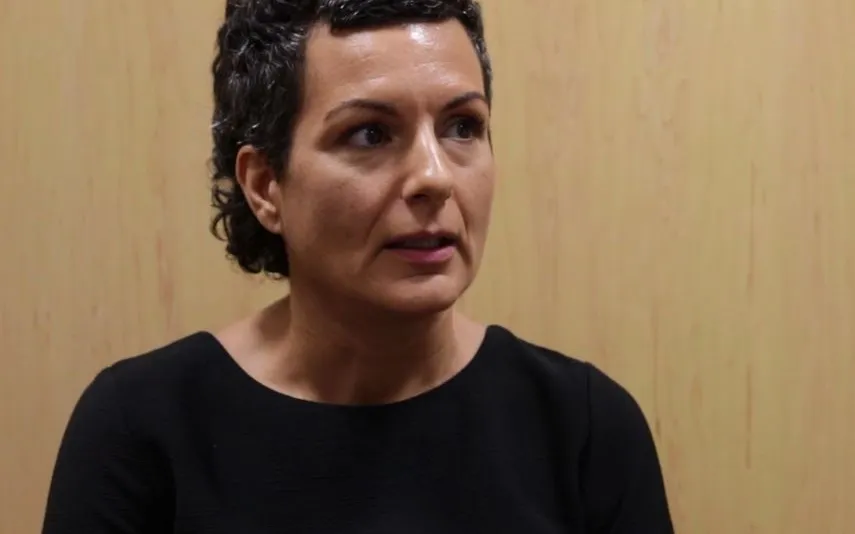

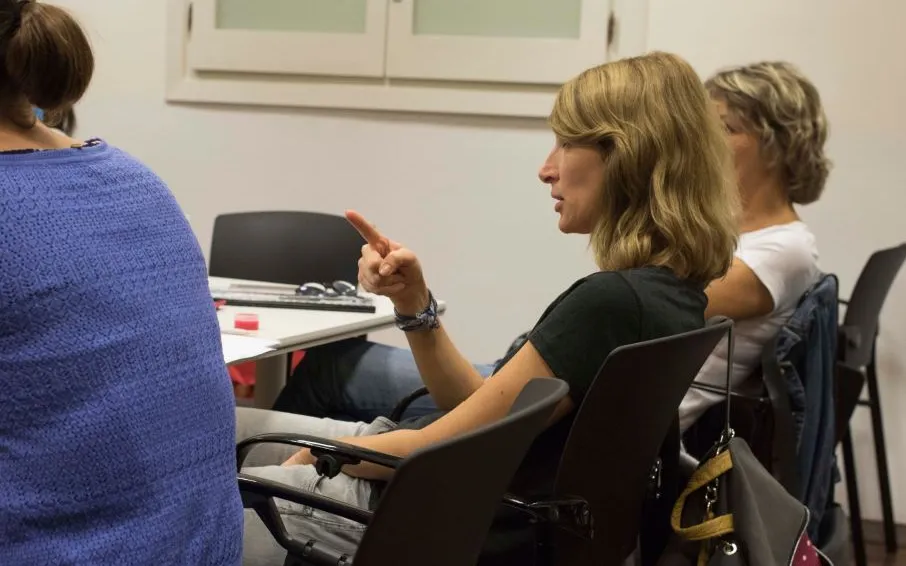
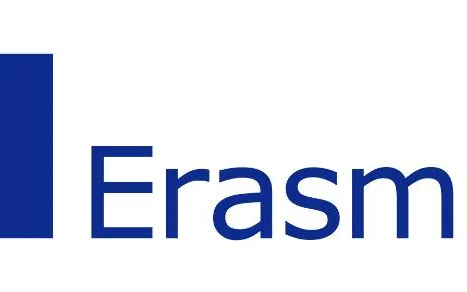
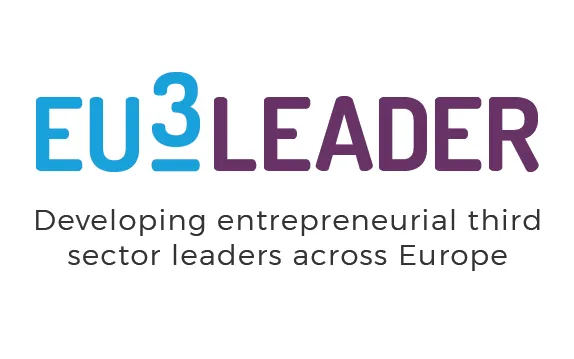



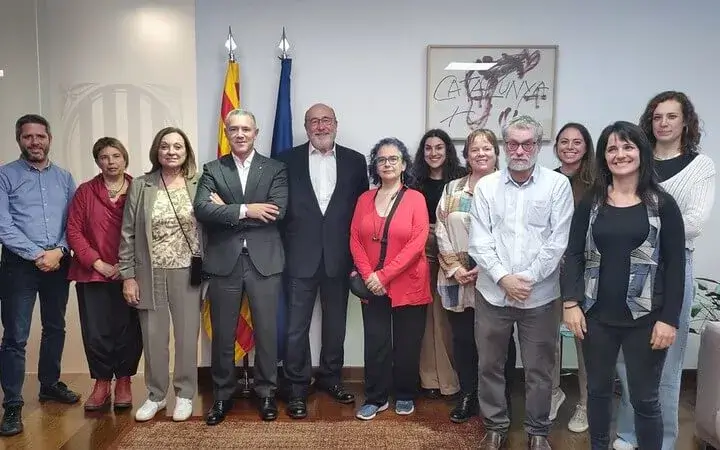


Add new comment